Bupropion Hydrochloride
$45.27 – $419.33
Bupropion hydrochloride extended-release tablets (XL) are indicated for the prevention of seasonal major depressive episodes in patients with a diagnosis of seasonal affective disorder (SAD).
Buy Bupropion hydrochloride Online Now at MedicineCabinate.com
Bupropion hydrochloride is a medication commonly used to treat depression and seasonal affective disorder (SAD). It is also used as an aid for smoking cessation. Bupropion is an FDA-approved antidepressant and has been in use since 1985. It is available in various forms, including immediate-release (IR) tablets, sustained-release (SR) tablets, and extended-release (XL) tablets.
Uses of Bupropion Hydrochloride
Bupropion hydrochloride is primarily used for the following conditions:
1. Depression: Bupropion is used to treat major depressive disorder (MDD) in adults. It works by increasing the levels of certain chemicals in the brain, such as norepinephrine and dopamine, which play a role in regulating mood.
2. Seasonal Affective Disorder (SAD): SAD is a type of depression that typically occurs during the winter months when there is less natural sunlight 1. Bupropion can help alleviate the symptoms of SAD by restoring the balance of certain neurotransmitters in the brain.
3. Smoking Cessation: Bupropion is also prescribed as an aid for smoking cessation. It can help reduce nicotine cravings and withdrawal symptoms, making it easier for individuals to quit smoking.
Side Effects of Bupropion Hydrochloride
Like any medication, bupropion hydrochloride can cause side effects. Common side effects may include:
- Dry mouth
- Headache
- Nausea
- Insomnia
- Dizziness
- Sweating
It’s important to note that not all individuals will experience these side effects, and some may experience different or more severe side effects. If you are prescribed bupropion hydrochloride, it’s essential to discuss potential side effects with your healthcare provider.
Precautions and Interactions
Bupropion hydrochloride may not be suitable for everyone. It’s important to inform your healthcare provider about any other medications, supplements, or medical conditions you have before starting bupropion. Certain medications, such as monoamine oxidase inhibitors (MAOIs), can interact with bupropion and may increase the risk of side effects.
Additionally, it’s important to follow the prescribed dosage and instructions provided by your healthcare provider. Do not abruptly stop taking bupropion without consulting your healthcare provider, as this can lead to withdrawal symptoms.
Conclusion
Bupropion hydrochloride is a medication commonly used to treat depression, seasonal affective disorder (SAD), and aid in smoking cessation 1. It is available in different forms and has been used for over 15 years. Like any medication, bupropion may cause side effects, and it’s important to discuss any concerns with your healthcare provider.
What is bupropion?
Bupropion, an FDA-approved antidepressant since 1985, addresses depression, seasonal affective disorder, and supports smoking cessation. This versatile medication simultaneously improves mood regulation and curbs nicotine cravings, providing a treatment option for both mental health and addiction challenges.
Bupropion is thought to work by changing levels of certain chemicals in the brain.
Warnings
You should not take bupropion if you have seizures or an eating disorder, or if you have suddenly stopped using alcohol, seizure medication, or sedatives. If you take Wellbutrin for depression, do not also take Zyban to quit smoking.
Do not use bupropion within 14 days before or 14 days after you have used a MAO inhibitor, such as isocarboxazid, linezolid, methylene blue injection, phenelzine, rasagiline, selegiline, or tranylcypromine.
Some young people have thoughts about suicide when first taking an antidepressant. Stay alert to changes in your mood or symptoms. Report any new or worsening symptoms to your doctor.
Bupropion may cause seizures, especially in people with certain medical conditions or when using certain drugs. Tell your doctor about all of your medical conditions and the drugs you use.
How should I take bupropion?
Take bupropion exactly as prescribed by your doctor. Follow all directions on your prescription label. Do not take this medicine in larger or smaller amounts or for longer than recommended. Too much of this medicine can increase your risk of a seizure.
Do not crush, chew, or break an extended-release tablet. Swallow the tablet whole.
You should not change your dose or stop using bupropion suddenly, unless you have a seizure while taking this medicine. Stopping suddenly can cause unpleasant withdrawal symptoms.
Ask your doctor how to safely stop using bupropion.
If you take Zyban to help you stop smoking, you may continue to smoke for about 1 week after you start the medicine. Set a date to quit smoking during the second week of treatment. Talk to your doctor if you are having trouble quitting after you have used Zyban for at least 7 to 12 weeks.
What happens if I miss a dose?
Take the missed dose as soon as you remember. Skip the missed dose if it is almost time for your next scheduled dose. Do not take extra medicine to make up the missed dose.
Common bupropion side effects may include:
- dry mouth, sore throat, stuffy nose;
- ringing in the ears;
- blurred vision;
- nausea, vomiting, stomach pain, loss of appetite, constipation;
- sleep problems (insomnia);
- tremors, sweating, feeling anxious or nervous;
- fast heartbeats;
- confusion, agitation, hostility;
- rash;
- weight loss;
- increased urination;
- headache, dizziness; or
- muscle or joint pain.
| DOSAGE | 100mg/12hrs, 150mg/24hrs, 200mg/12hrs, 300mg/24hrs, 450mg/24hrs |
|---|---|
| QUANTITY | 30 Tabs, 60 Tabs, 100 Tabs |
Be the first to review “Bupropion Hydrochloride” Cancel reply
Related products
Depressional Anxiety
ADHD Medication
Anxiety
ADHD Medication
Diabetes II
Diabetes II
ADHD Medication
Anxiety






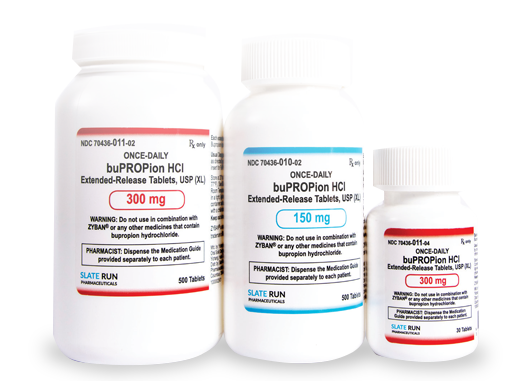

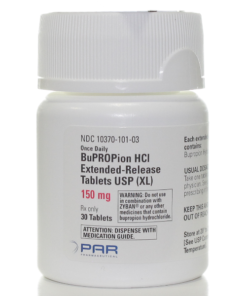
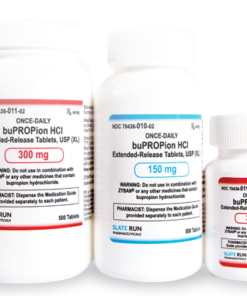





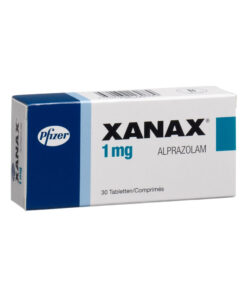
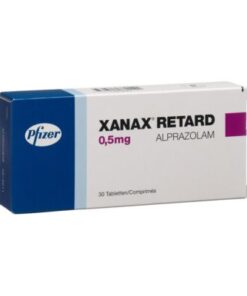
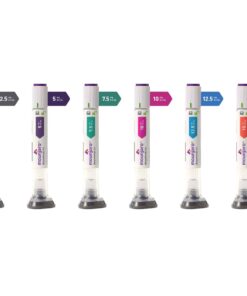




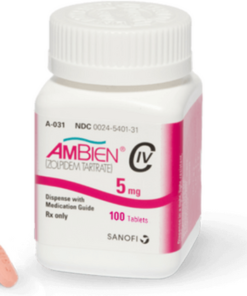
Reviews
There are no reviews yet.